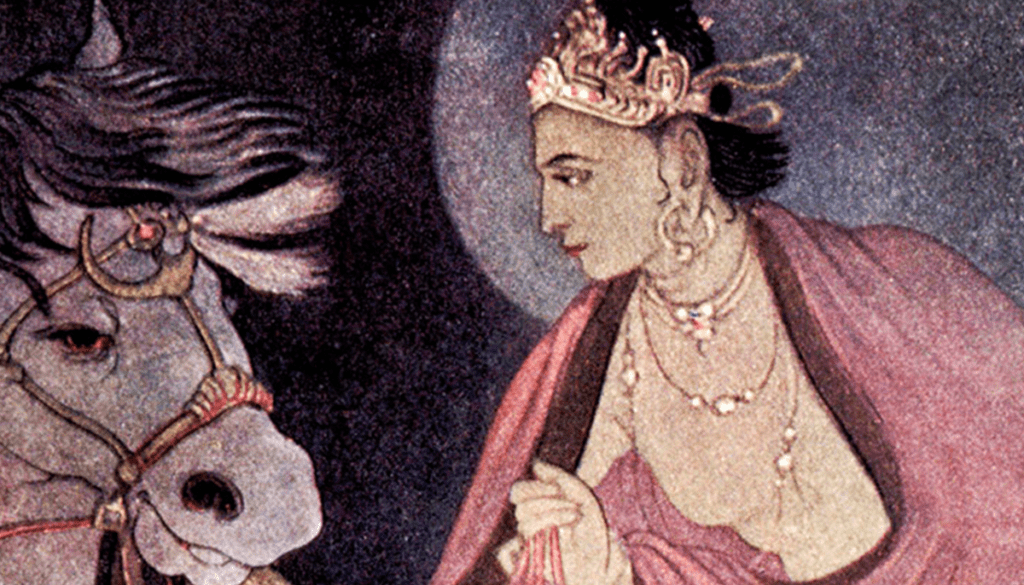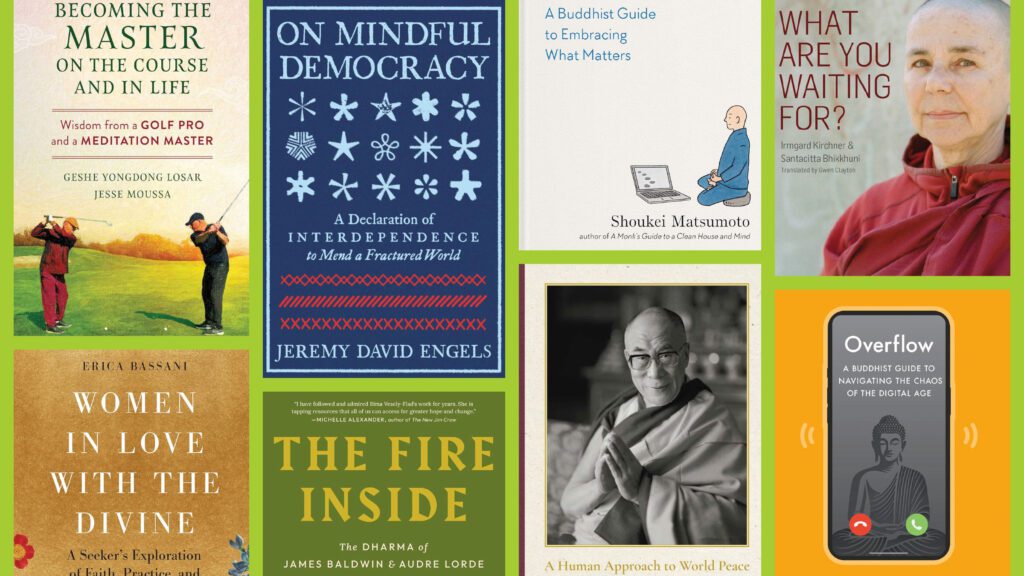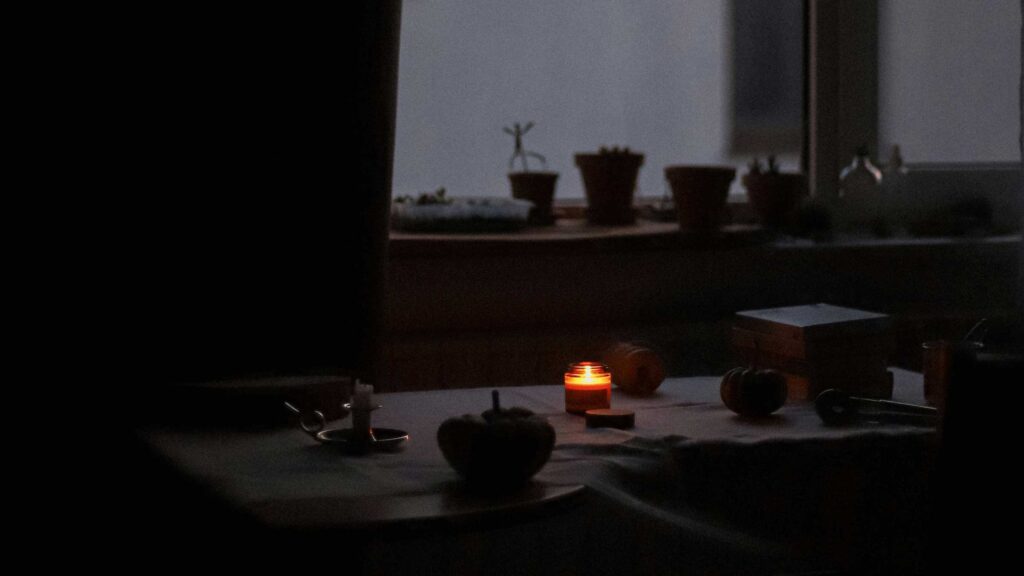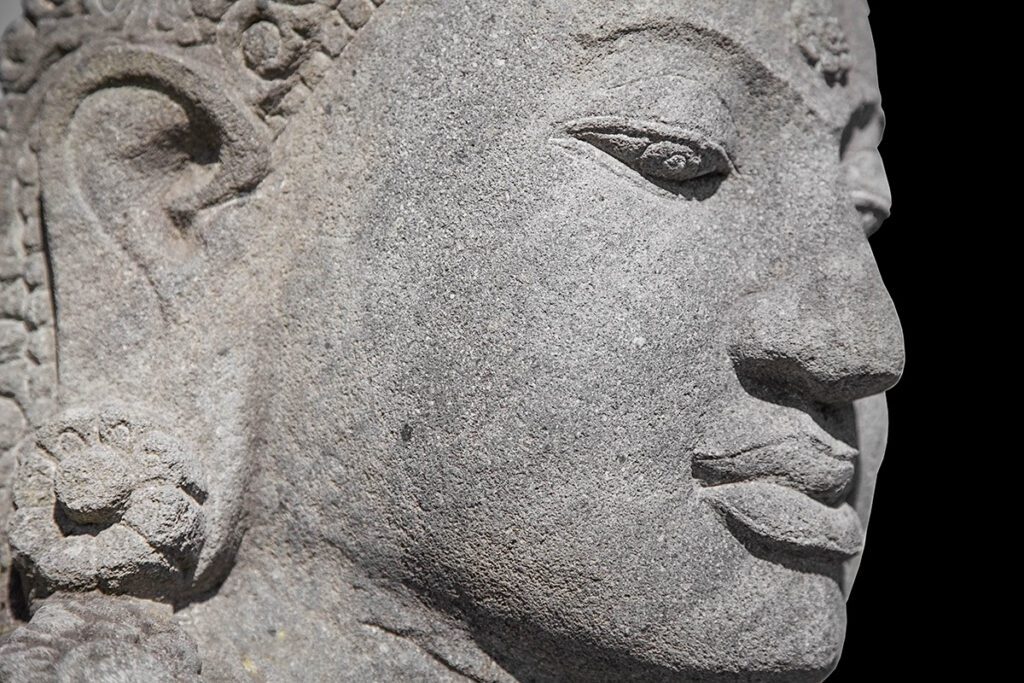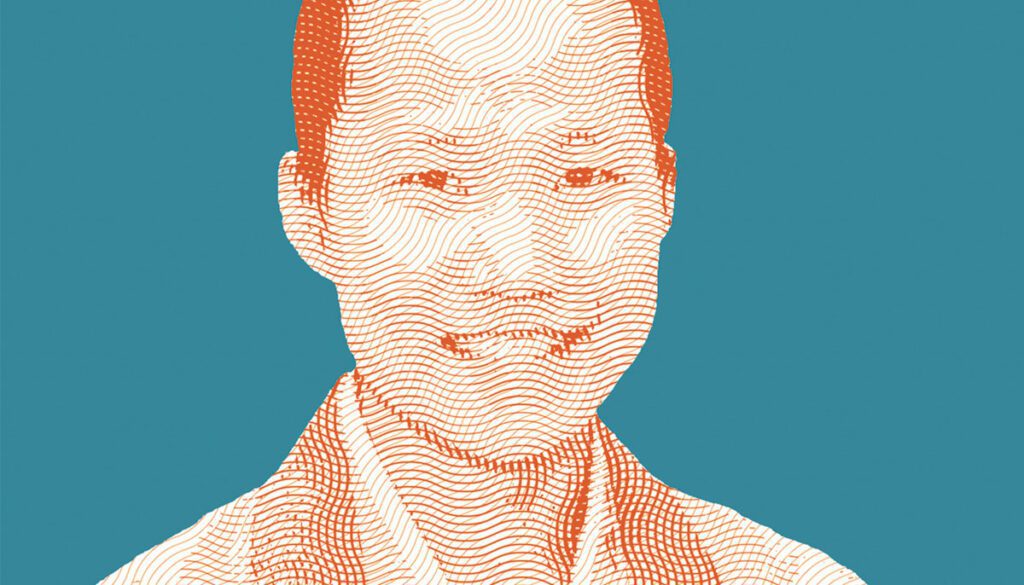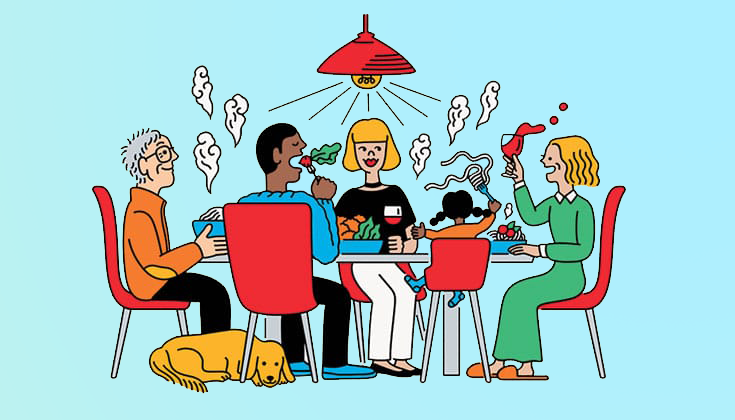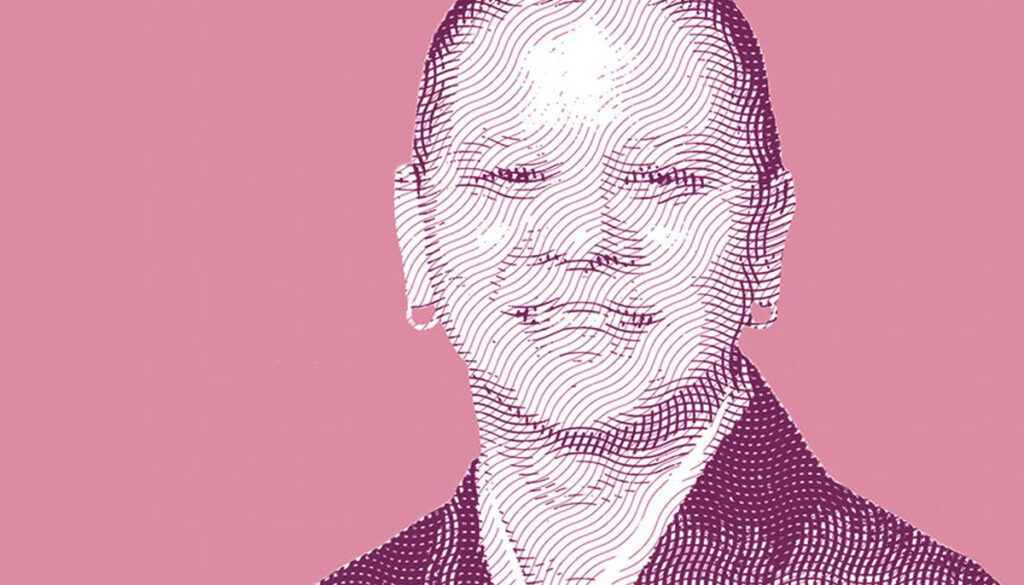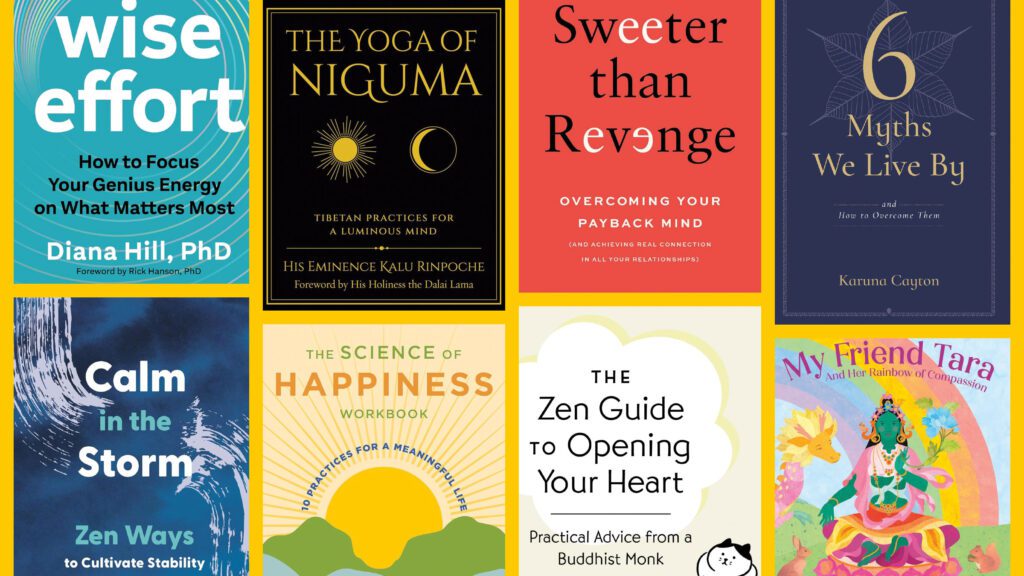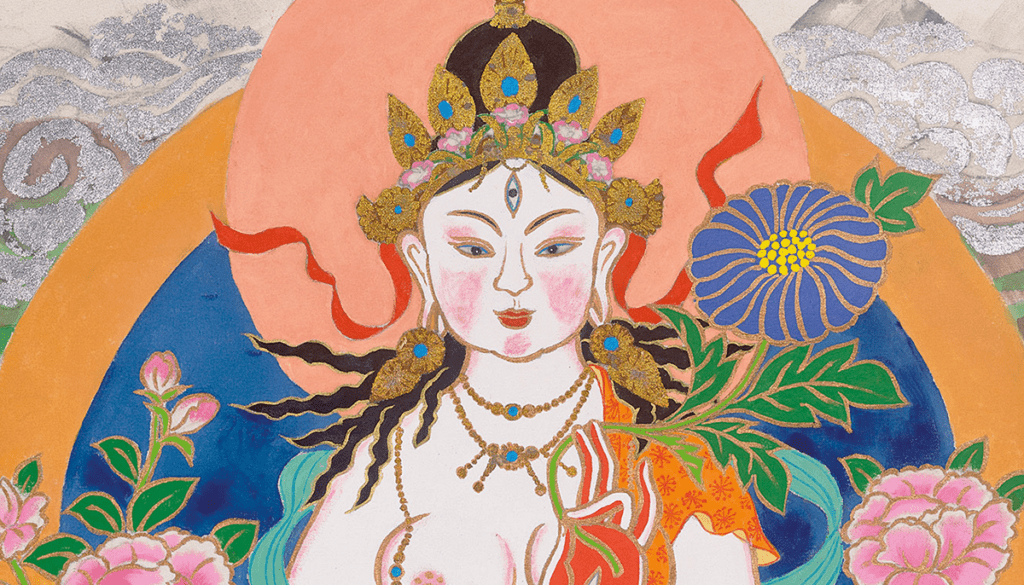Category: Buddhist Wisdom
The Buddha’s Horse
The Buddha valued dispassion, yet he also knew the power of love. Reiko Ohnuma on the poignant relationship between Siddhartha and his horse.
Books in Brief: March 2026
Jessica Little reviews new books for the March issue of Lion's Roar.
About a Poem: Pico Iyer on a haiku by Kobayashi Issa
The world’s beauty lies in its fleeting nature, notes Pico Iyer. We rejoice in things precisely because we know they will not last.
Working with Holiday Loneliness
Many people feel lonely in the holiday season. Lisa Ernst shares how the dharma can help.
How to Be a Light in the Dark
Dharma practitioner Mark Van Buren shares a story to help you open your heart, slow down, and pay attention with extra warmth and care this season.
Why Do Buddhas Look So Different?
Ikumi Kaminishi looks at regional differences in sculptures of the Buddha.
How to Cultivate True, Lasting Happiness
Ven. Guan Cheng on how to make every day a good day.
The Five Remembrances
To change your life now and prepare for the inevitable, says Pamela Ayo Yetunde, regularly contemplate these five home truths.
Do Dishes, Rake Leaves: The Wisdom of the Ancient Homemakers
Karen Maezen Miller on how the domestic practice of ancient Zen masters can lead us to intimate encounters with our own lives. Join Maezen every Wednesday in November for a live meditation on Zoom. See details to join <a href="https://www.lionsroar.com/weekly-meditation/">here</a>.
Transforming Self-Comparison Through No-Self
Eda Ocak reflects on how meditation practice and the Buddha’s message of no-self transformed her habit of self-comparison.
Meet a Teacher: Rev. Doyeon Park
Rev. Park is a minister in the Won Buddhist community and the Buddhist chaplain at two New York universities.
How to Practice Mindful Eating
Jan Chozen Bays teaches us how to make every meal a celebration of gratitude, enjoyment, and true nourishment.
How Buddhism’s “Three Marks of Existence” Can Lead Us to Freedom and Change
Chan practitioner Mark Van Buren shares how the Buddhist concepts of impermanence, interdependence, and unsatisfactoriness (often rendered as "suffering") can point the way to our liberation.
Recognizing Clarity: A Dzogchen Meditation
Dzogchen master Tsoknyi Rinpoche shares a meditation to encourage clarity of mind.
Meet a Teacher: Rev. Keiryū Liên Shutt
Rev. Keiryū Liên Shutt talks about her journey from Saigon to Soto Zen priesthood, her commitment to social justice, and her love of vegan ice cream.
Books in Brief: November 2025
Jessica Little reviews the latest Buddhist books for the November 2025 issue of Lion's Roar.
You Are Not Broken
Josh Korda reveals how your pain may be a sign — not of personal failure, but of a world that needs changing.
Can Buddhism Help with Parkinson’s?
Stan Goldberg, PhD, uses mindfulness, repetition, and slowness to rewire his brain and reclaim his ability to run.
Be Confident in Your Buddhanature
The key to unshakable self-confidence, says Lama Döndrup Drolma, is recognizing the deepest truth of who you are.
The Longing That Keeps Me Company
From childhood to the meditation hall, Susan Moon reflects on how longing has been both her companion and her teacher.
